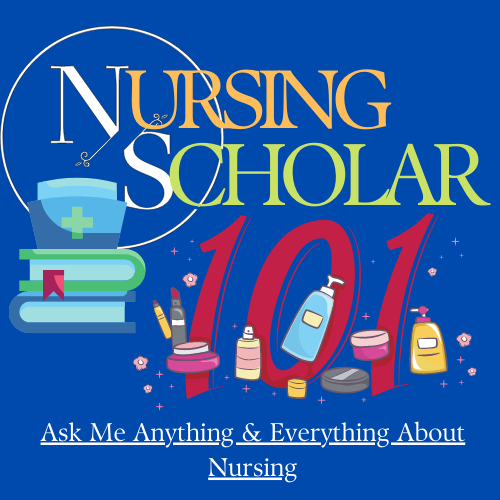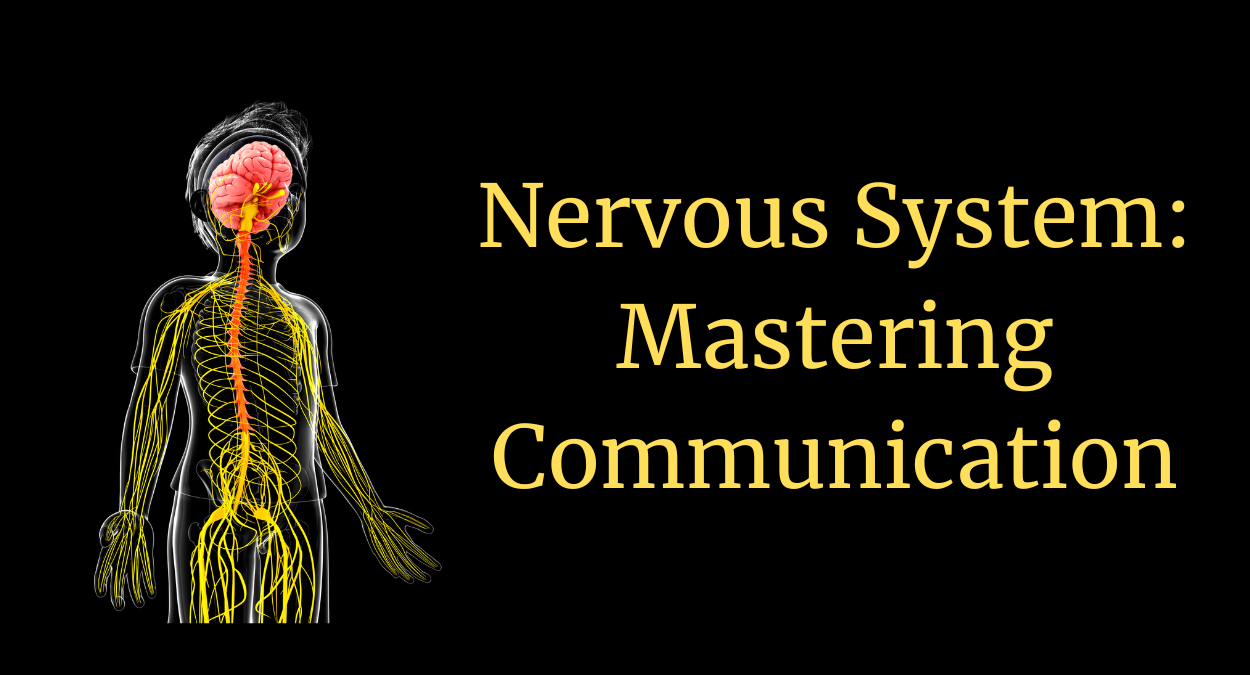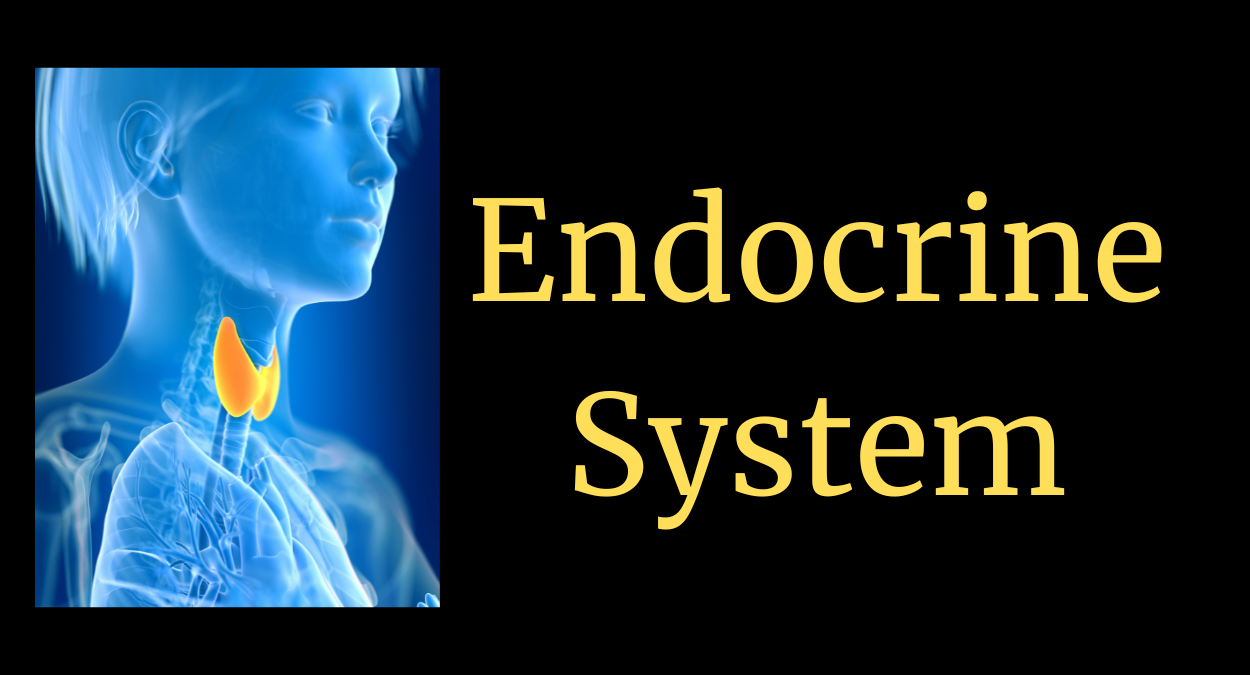List of 100 FAQs related to hormones.
Creating 100 FAQs about hormone
1. What are hormones?
– Hormones are chemical messengers produced by glands in the endocrine system, regulating various physiological processes in the body.
2. How many types of hormones are there?
– Hormones can be broadly classified into three types: peptide hormones, steroid hormones, and amino acid-derived hormones.
3. What is the endocrine system?
– The endocrine system is a network of glands that produce and release hormones into the bloodstream to regulate body functions.
4. Which gland is often called the “master gland”?
– The pituitary gland is often referred to as the “master gland” because it regulates the activity of other endocrine glands.
5. How do hormones travel in the body?
– Hormones travel through the bloodstream to reach target cells and organs where they exert their effects.
6. What is the role of insulin in the body?
– Insulin regulates blood sugar levels by facilitating the uptake of glucose into cells.
7. What hormone is known as the “stress hormone”?
– Cortisol is often referred to as the “stress hormone” because it is released in response to stress.
8. How do hormones influence metabolism?
– Hormones like insulin and thyroid hormones play key roles in regulating metabolism by influencing energy production and utilization.
9. What is the function of growth hormone?
– Growth hormone stimulates growth, cell reproduction, and regeneration in the body.
10. How do reproductive hormones differ between males and females?
– Reproductive hormones like estrogen and testosterone govern the development of secondary sexual characteristics and play distinct roles in male and female reproductive systems.
11. What is oxytocin, and what role does it play in the body?
– Oxytocin is a hormone that facilitates social bonding, stimulates uterine contractions during childbirth, and promotes breastfeeding.
12. How do hormones affect mood and emotions?
– Hormones can influence mood and emotions, and imbalances may contribute to conditions like anxiety and depression.
13. What is the function of the thyroid hormones T3 and T4?
– Thyroid hormones regulate metabolism, energy production, and tissue development in the body.
14. Can hormonal imbalances be treated naturally?
– Lifestyle changes, such as a balanced diet and regular exercise, can contribute to hormonal balance. However, treatment approaches depend on the underlying cause.
15. How do hormones regulate the sleep-wake cycle?
– Melatonin, a hormone produced by the pineal gland, regulates the sleep-wake cycle.
16. Are hormones involved in the aging process?
– Yes, changes in hormone levels can be associated with the aging process and may influence various aspects of health.
17. What is the function of vasopressin (ADH)?
– Vasopressin regulates water balance in the body by influencing water reabsorption in the kidneys.
18. How are hormones regulated in the body?
– Hormone levels are regulated through feedback mechanisms, where the body monitors hormone levels and adjusts production accordingly.
19. Can hormones influence appetite and weight?
– Yes, hormones like leptin play a role in regulating appetite and energy balance.
20. What are the common disorders related to hormonal imbalances?
– Common disorders include diabetes, thyroid disorders, and reproductive health issues, among others, depending on the hormones involved.
21. What hormones are involved in the menstrual cycle?
– Estrogen and progesterone play key roles in regulating the menstrual cycle in females.
22. How does adrenaline prepare the body for a “fight or flight” response?
– Adrenaline increases heart rate, dilates airways, and redirects blood flow to essential muscles, preparing the body for quick action.
23. Can hormonal fluctuations affect skin health?
– Yes, hormonal changes, especially during puberty or menstruation, can influence skin health and contribute to conditions like acne.
24. What is the function of parathyroid hormone in calcium regulation?
– Parathyroid hormone regulates calcium and phosphate levels in the blood by influencing their absorption in the intestines and release from bones.
25. How do hormones influence bone health?
– Hormones like estrogen and testosterone play roles in maintaining bone density, and imbalances can contribute to conditions like osteoporosis.
26. Can hormonal imbalances impact fertility?
– Yes, disruptions in reproductive hormones can affect fertility in both males and females.
27. What is the role of leptin in obesity?
– Leptin regulates appetite and signals satiety; however, resistance to leptin’s effects can contribute to obesity.
28. How do hormones contribute to the body’s response to stress?
– Hormones like cortisol and adrenaline mobilize energy and enhance alertness during the body’s stress response.
29. Are there hormones specifically related to muscle growth?
– Growth hormone and testosterone are hormones that play roles in muscle growth and development.
30. Can hormonal changes during pregnancy impact emotions?
– Yes, hormonal fluctuations during pregnancy can influence mood and emotions.

31. What role do hormones play in maintaining water balance in the body?
– Vasopressin (ADH) regulates water balance by influencing the reabsorption of water in the kidneys.
32. How does the body regulate insulin levels?
– Insulin levels are regulated in response to blood sugar levels, with the pancreas releasing insulin when blood sugar is elevated.
33. Are there hormonal changes during menopause?
– Yes, menopause is associated with a decline in estrogen and progesterone levels in females.
34. Can hormonal imbalances contribute to thyroid disorders?
– Yes, imbalances in thyroid hormones can lead to conditions like hypothyroidism or hyperthyroidism.
35. How do hormones influence the body’s response to exercise?
– Hormones like adrenaline and cortisol are released during exercise to mobilize energy and support physical activity.
36. Can hormonal imbalances affect hair growth?
– Yes, hormonal changes can contribute to hair loss or excessive hair growth in certain areas.
37. What is the connection between hormones and the immune system?
– Hormones can modulate the immune system, influencing its response to infections and other challenges.
38. How do hormones regulate blood pressure?
– Hormones like aldosterone and renin play roles in regulating blood pressure by influencing salt and water balance.
39. Are there hormonal changes during puberty?
– Yes, puberty is characterized by significant hormonal changes, including the activation of reproductive hormones.
40. Can hormonal imbalances affect the sense of taste and smell?
– Hormonal changes may influence taste and smell sensitivity during certain periods, such as pregnancy.
41. How do hormones affect the body’s response to stress?
– Hormones like cortisol and adrenaline prepare the body for stress by increasing energy availability and focus.
42. What is the role of the placenta in hormone production during pregnancy?
– The placenta produces hormones, including progesterone and human chorionic gonadotropin (hCG), crucial for maintaining pregnancy.
43. Can hormonal imbalances contribute to mood swings?
– Yes, fluctuations in certain hormones, such as estrogen and progesterone, can contribute to mood swings.
44. How does the body regulate the release of growth hormone?
– Growth hormone release is regulated by the hypothalamus and influenced by factors like sleep, exercise, and stress.
45. Are there hormones involved in regulating body temperature?
– Thyroid hormones influence metabolism and, consequently, body temperature regulation.
46. How do hormones influence the development of secondary sexual characteristics during puberty?
– Reproductive hormones like estrogen and testosterone play key roles in the development of secondary sexual characteristics like breast development and facial hair growth.
47. Can hormonal imbalances affect the sense of balance and coordination?
– Although not a common symptom, hormonal imbalances might contribute to changes in balance and coordination in some cases.
48. What hormones are involved in the regulation of appetite and hunger?
– Leptin and ghrelin are hormones that play roles in regulating appetite and hunger.
49. How do hormones influence the function of the digestive system?
– Hormones like gastrin and insulin play roles in regulating digestive processes, including stomach acid secretion and glucose absorption.
50. Can hormonal imbalances impact cognitive function and memory?
– Hormones like estrogen have been linked to cognitive function, and imbalances may contribute to changes in memory and cognitive abilities.

51. Are there hormonal changes during the postpartum period?
– Yes, the postpartum period involves significant hormonal changes, including a decrease in pregnancy-related hormones.
52. How do hormonal contraceptives work?
– Hormonal contraceptives, such as birth control pills, alter hormone levels to prevent ovulation and pregnancy.
53. Can hormonal imbalances affect the sense of hearing?
– While not a common symptom, hormonal changes might be associated with changes in hearing sensitivity in some cases.
54. What is the role of prolactin in breastfeeding?
– Prolactin stimulates milk production in the mammary glands during breastfeeding.
55. How do hormones influence the body’s response to pain?
– Endorphins, often called “feel-good” hormones, are released in response to pain and act as natural painkillers.
56. Can hormonal imbalances contribute to respiratory issues?
– Hormonal changes are generally not a direct cause of respiratory issues, but they may indirectly influence lung function in some cases.
57. What is the impact of hormonal changes on skin health during menopause?
– Hormonal changes during menopause can contribute to changes in skin elasticity and moisture.
58. How do hormones influence the growth of facial hair in males?
– Testosterone, particularly its derivative dihydrotestosterone (DHT), influences the growth of facial hair in males.
59. Can hormonal imbalances affect the sense of touch?
– Hormonal changes are not commonly associated with changes in the sense of touch.
60. How do hormones contribute to the body’s response to infection?
– Hormones like cortisol can modulate the immune response to infections.
61. Can hormonal imbalances affect dental health?
– Hormonal changes, especially during pregnancy, may influence gum health and increase the risk of dental issues.
62. How do hormones influence the body’s response to allergies?
– Hormones can modulate the immune response, potentially affecting the severity of allergic reactions.
63. Are there hormonal changes during the menstrual cycle that impact energy levels?
– Hormonal fluctuations during the menstrual cycle can affect energy levels, with some women experiencing changes in fatigue.
64. Can hormonal imbalances affect the perception of colors and vision?
– Hormonal changes are not commonly associated with alterations in color perception or vision.
65. How do hormones impact the body’s response to inflammation?
– Hormones like cortisol play anti-inflammatory roles, helping to regulate the body’s response to inflammation.
66. Are there hormonal changes during perimenopause?
– Yes, perimenopause, the transition leading to menopause, involves hormonal changes, including fluctuations in estrogen and progesterone.
67. How do hormones affect hair growth and thickness?
– Androgens, including testosterone, influence hair growth, and imbalances may contribute to changes in hair thickness.
68. Can hormonal imbalances affect the body’s response to vaccinations?
– Hormones can modulate the immune response, potentially influencing the effectiveness of vaccinations.
69. What hormones are involved in the regulation of blood clotting?
– Hormones like thrombopoietin play roles in platelet production, impacting blood clotting.
70. How do hormonal changes during adolescence impact bone development?
– Hormonal changes during adolescence, especially the release of growth hormone, influence bone growth and development.
71. Can hormonal imbalances affect the sense of taste during pregnancy?
– Hormonal changes during pregnancy might influence taste preferences and sensitivity.
72. How do hormones influence the body’s response to environmental stressors?
– Hormones like cortisol and adrenaline prepare the body to respond to various environmental stressors.
73. Are there hormonal changes during breastfeeding?
– Yes, breastfeeding involves hormonal changes, including the release of prolactin to stimulate milk production.
74. How do hormonal changes during the menstrual cycle impact mood and emotions?
– Fluctuations in estrogen and progesterone during the menstrual cycle can contribute to mood changes.
75. Can hormonal imbalances contribute to gastrointestinal issues?
– Hormonal changes are not a primary cause of gastrointestinal issues but may influence digestive processes.
76. What hormones are involved in the regulation of salt and water balance?
– Hormones like aldosterone play crucial roles in regulating salt and water balance in the body.
77. How do hormones influence the body’s response to high altitudes?
– Hormones like erythropoietin respond to low oxygen levels at high altitudes, stimulating the production of red blood cells.
78. Can hormonal imbalances affect the body’s response to medications?
– Hormonal changes may influence the metabolism and effectiveness of certain medications.
79. What is the impact of hormonal changes on joint health?
– Hormonal changes, especially during menopause, may contribute to joint pain and stiffness in some individuals.
80. How do hormones influence the body’s response to dehydration?
– Hormones like vasopressin respond to dehydration by increasing water reabsorption in the kidneys.
81. Can hormonal imbalances affect hearing sensitivity during pregnancy?
– Hormonal changes during pregnancy may influence fluid retention, potentially impacting hearing sensitivity.
82. How do hormones influence the body’s response to temperature extremes?
– Hormones like thyroid hormones play roles in regulating the body’s response to hot and cold temperatures.
83. Are there hormonal changes during stressful situations?
– Stressful situations can trigger the release of stress hormones like cortisol and adrenaline.
84. Can hormonal imbalances contribute to migraines or headaches?
– Hormonal fluctuations, especially in estrogen levels, are associated with migraines in some individuals.
85. How do hormones influence the body’s response to physical injuries?
– Hormones like growth hormone and cortisol play roles in the body’s response to injuries, including tissue repair.
86. What hormones are involved in the regulation of muscle contraction?
– Hormones like calcium and parathyroid hormone play roles in muscle contraction and relaxation.
87. Can hormonal imbalances affect the body’s sensitivity to sunlight?
– Hormonal changes are not directly linked to sensitivity to sunlight, but certain medications influenced by hormones may impact skin sensitivity.
88. How do hormones impact the body’s response to allergens in the environment?
– Hormones can modulate the immune response, potentially affecting how the body reacts to environmental allergens.
89. Are there hormonal changes during intense physical training or exercise?
– Intense exercise can temporarily affect hormone levels, including increases in cortisol and growth hormone.
90. Can hormonal imbalances contribute to chronic fatigue?
– Hormonal imbalances, particularly disruptions in cortisol levels, may contribute to chronic fatigue in some cases.
91. How do hormones influence the body’s response to changes in atmospheric pressure?
– Hormonal changes are not directly tied to responses to atmospheric pressure changes, but they may indirectly influence certain physiological responses.
92. Can hormonal imbalances impact the body’s ability to recover from injuries?
– Hormonal factors, including growth hormone, play roles in the body’s ability to recover and repair tissues after injuries.
93. What hormones are involved in regulating sodium levels in the body?
– Hormones like aldosterone play crucial roles in sodium regulation, influencing blood pressure and fluid balance.
94. How do hormonal changes during the aging process affect skin elasticity?
– Changes in hormonal levels during aging, especially declining estrogen, can contribute to a loss of skin elasticity.
95. Can hormonal imbalances affect dental sensitivity?
– Hormonal changes, especially during pregnancy, may influence dental health, but their direct impact on dental sensitivity is less common.
96. What hormones are involved in the regulation of the body’s sleep-wake cycle?
– Melatonin is a key hormone that regulates the body’s circadian rhythm and sleep-wake cycle.
97. How do hormones influence the body’s response to changes in humidity?
– Hormones are not directly involved in the body’s response to changes in humidity, but they may influence overall physiological responses.
98. Can hormonal imbalances contribute to skin conditions like eczema?
– Hormonal factors, including imbalances, may influence skin conditions, but eczema is typically associated with various factors.
99. How do hormones influence the body’s response to sound stimuli?
– Hormones do not directly influence the body’s response to sound stimuli, which is primarily regulated by the auditory system.
100. Can hormonal imbalances affect the body’s ability to regulate blood sugar levels?
– Hormonal imbalances, especially related to insulin and glucagon, can impact the body’s ability to regulate blood sugar levels.





